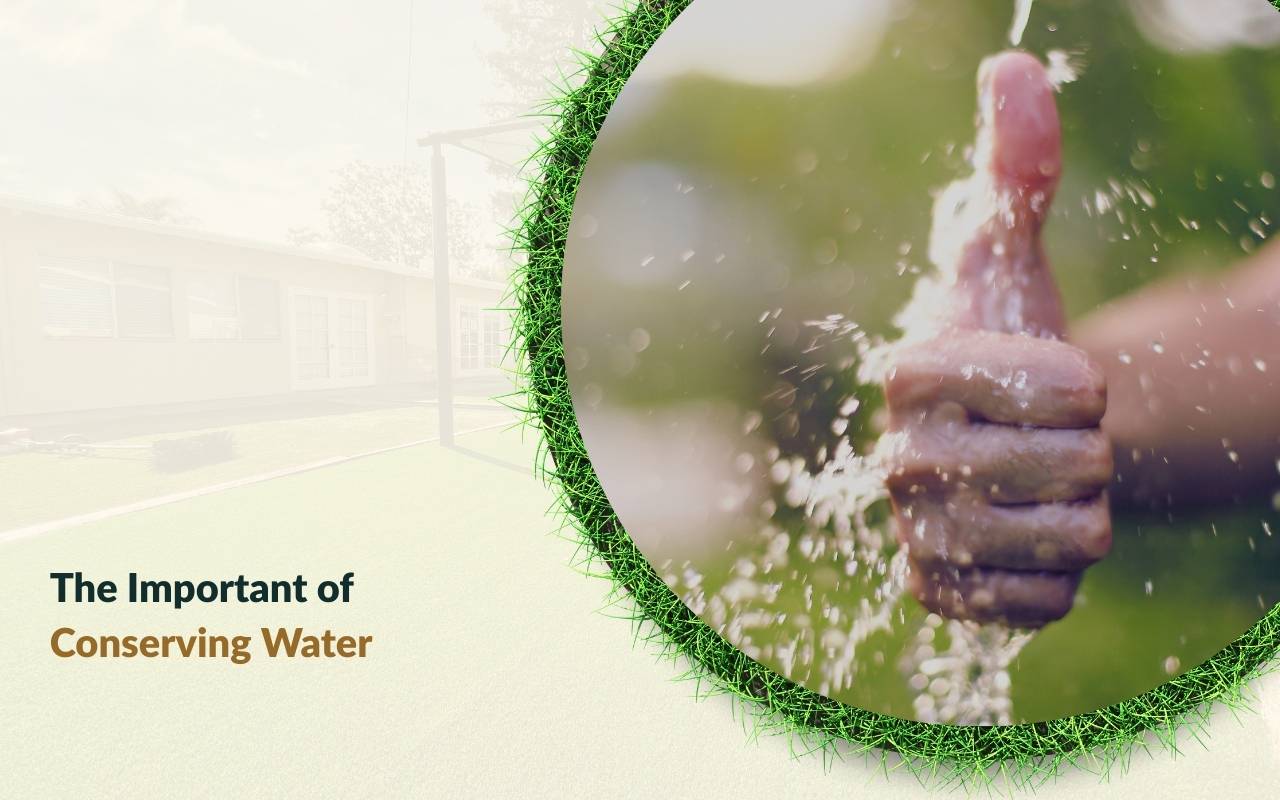
Every drop matters. Although water appears abundant, the reality is very different. Only a small portion is drinkable and accessible. Therefore, the importance of conserving water cannot be ignored. This effort protects communities, ecosystems, and future generations. With growing scarcity worldwide, conservation is no longer optional but essential.
The Global Water Crisis
The global water crisis is one of today’s most urgent challenges. Despite Earth’s water abundance, less than 1% is usable. Rapid population growth, pollution, and climate change strain resources everywhere. Consequently, billions struggle to access clean water. Understanding the importance of conserving water helps address this worldwide imbalance.
- Pollution reduces available freshwater supplies.
- Climate change causes droughts and extreme weather.
- Billions lack safe drinking water daily.
Understanding Water Scarcity
Scarcity can be physical or economic. Physical scarcity happens when nature provides insufficient resources. Economic scarcity occurs when distribution systems fail. Both forms demand solutions. Recognizing the importance of conserving water drives smarter management and stronger community resilience. Moreover, climate change and agriculture further increase global stress on water.
- Physical scarcity caused by drought and low rainfall.
- Economic scarcity linked to poor infrastructure.
- Global growth increasing demand for water daily.
Importance of Conserving Freshwater Resources
Freshwater sustains biodiversity, agriculture, and industries. Healthy ecosystems regulate nutrients, prevent floods, and support wildlife. Overuse disrupts these systems. Highlighting the importance of conserving water ensures both human progress and environmental survival. Protecting wetlands and watersheds secures supplies for current and future generations.
Effects of Water Scarcity on Agriculture
Agriculture consumes about 70% of global freshwater. Scarcity threatens irrigation and crop yields, reducing food security. Farmers compete with cities and industries for limited supplies. Emphasizing the importance of conserving water encourages better farming practices, efficient irrigation, and sustainable crop choices.
Health Implications of Water Shortages
Lack of clean water leads to disease, malnutrition, and inequality. Cholera, typhoid, and dysentery spread rapidly without safe supplies. Vulnerable populations suffer most. Supporting the importance of conserving water protects public health and strengthens communities worldwide.
Sustainable Practices for Water Conservation
Adopting sustainable practices secures future supplies. At home, fixing leaks, installing low-flow fixtures, and xeriscaping reduce use. In farming, drip irrigation and soil sensors cut waste. Moreover, education campaigns raise awareness of the importance of conserving water and inspire long-term change.
- Rainwater harvesting reduces dependence on public systems.
- Drip irrigation improves farm efficiency significantly.
- Xeriscaping lowers household water demand.
Water-Efficient Technologies and Innovations
Modern innovations transform water conservation. Smart meters, sensors, and leak detection optimize usage. Desalination and wastewater treatment expand supply. These technologies highlight the importance of conserving water and drive economic opportunities, from agriculture to urban planning.
Community Involvement in Water Conservation
Communities play a crucial role. Grassroots initiatives, education, and policy advocacy create change. Local projects like rainwater harvesting or xeriscaping showcase solutions. Promoting the importance of conserving water locally fosters shared responsibility and social cohesion. Consequently, collective action is key to long-term success.
Policy Measures to Promote Water Conservation
Effective policies establish frameworks for sustainable use. Regulations, tiered pricing, and subsidies encourage efficiency. International cooperation manages shared resources. Governments that highlight the importance of conserving water ensure resilience for ecosystems and people. Additionally, transparent policies empower citizens to conserve actively.
FAQs About Conserving Water
Why is water conservation essential today?
It ensures fair access, supports ecosystems, and prevents crises caused by scarcity.
How can households conserve water daily?
Simple actions like fixing leaks, shorter showers, and efficient appliances reduce waste.
Does agriculture impact water scarcity?
Yes. It consumes 70% of freshwater, making efficient irrigation vital for sustainability.
What role do communities play in conservation?
Local programs, education, and shared practices promote lasting conservation habits.
How does technology improve water efficiency?
Smart irrigation, leak detection, and desalination expand access while cutting waste.
The Urgency of Preserving Our Water Resources
Water sustains life, economies, and nature. Recognizing the importance of conserving water inspires individuals, communities, and policymakers to act now. By embracing conservation and innovation, we secure clean water for generations. The time to act is today—our collective future depends on it.
